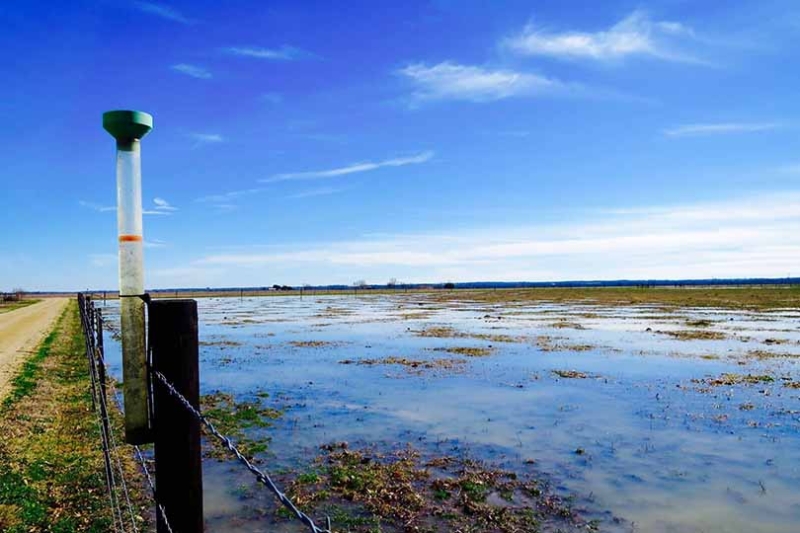By Jennifer Whitlock
Field Editor
The 2020 Navigable Waters Protection Rule (NWPR), a Trump-era replacement to the Waters of the U.S. Rule (WOTUS), was vacated by U.S. District Judge Rosemary Márquez in Arizona on Aug. 30.
Earlier this year, the U.S. Environmental Protection Agency (EPA) and the Army Corps of Engineers announced intent to repeal and rewrite NWPR. At the time, the agencies stated NWPR didn’t sufficiently protect waters of the U.S. and was leading to environmental destruction.
After the announcement, several Native American tribes came together to file suit against the EPA and Corps of Engineers to challenge the NWPR and the 2019 “Definition of ‘waters of the United States’ (WOTUS) Recodification of Pre-Existing Rules.”
A South Carolina federal judge granted the plaintiffs’ request to reconsider the rule in July but stopped short of completely removing it.
But in her order, Márquez wrote she had serious concerns about the two final rules.
“The seriousness of the agencies’ errors in enacting the NWPR, the likelihood that the agencies will alter the NWPR’s definition of ‘waters of the United States,’ and the possibility of serious environmental harm if the NWPR remains in place upon remand, all weigh in favor of remand with vacatur,” she said.
EPA and the Corps of Engineers seem to agree. The agencies previously stated they were aware of more than 300 projects that would have required EPA permitting prior to NWPR. Márquez referred in her ruling to an EPA press release alleging nearly 1,500 New Mexico and Arizona streams were considered non-jurisdictional under NWPR, “a significant shift” from statuses before NWPR was enacted.
Many in agriculture are dismayed by the court’s ruling and concerned about a return to previous WOTUS definitions that were unworkable for farmers and ranchers.
“American Farm Bureau Federation (AFBF) is extremely disappointed in the ruling to vacate the NWPR. Farmers finally had environmentally responsible regulations that brought clarity to clean water efforts,” AFBF President Zippy Duvall said. “This ruling casts uncertainty over farmers and ranchers across the country and threatens the progress they’ve made to responsibly manage water and natural resources.”
In addition to the South Carolina court, two other federal judges have refused to vacate NWPR, Duvall noted.
“Unfortunately, this Arizona court simply accepted the plaintiffs’ assertions as true and did something that no other court has done in vacating the NWPR,” he said. “We are reviewing the ruling to determine our next course of action. Farmers and ranchers deserve consistency and a rule that is fair and doesn’t require a team of attorneys to interpret.”

